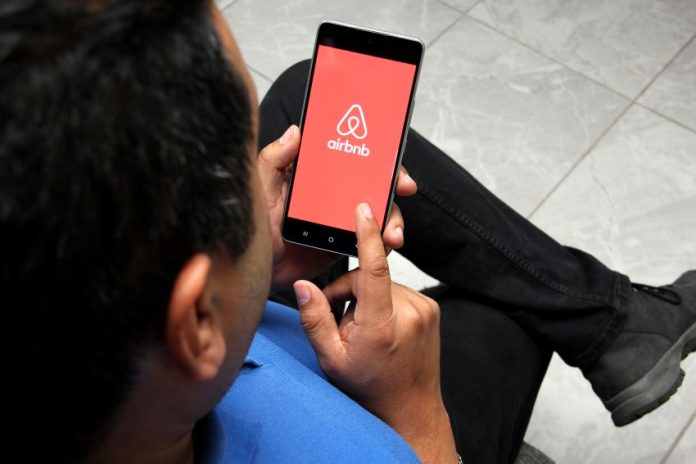Mexico City’s Congress approved a reform to the Tourism and Housing Law imposing limits on real estate rentals through apps and online platforms such as Airbnb.
The reform is part of several recent initiatives to promote balance in the temporary rental market, curb gentrification and support the hotel industry in the capital.

The initiative, presented by interim mayor Martí Batres a few weeks before his term ended on Oct. 5, establishes a 180-day-per-year limit on online vacation rentals, including Airbnb. It also prohibits government-built social housing from being rented to tourists via online rental platforms.
Opposing legislators voted against the reform, arguing that it violates the individual freedom and rights of property owners, according to Bloomberg.
Deputy César Emilio Guijosa, a member of the ruling party Morena, defended the measure arguing that the growth of digital tourism has generated problems such as gentrification, as some neighborhoods have seen real estate prices rise upon becoming saturated by housing destined exclusively for tourists.
Morena insists the transformation — largely caused by the post-pandemic increase in “digital nomads” — has negatively affected capital residents and unfairly impacted the traditional hotel industry.
By limiting the occupancy of properties to 50% annually, Guijosa said the reform will help mitigate these externalities and regulate the temporary rental market by balancing the competition between temporary accommodations and traditional hotels.
National Action Party (PAN) lawmakers criticized the reform, insisting that it violates the freedom of owners over the use of their property and might encourage a black market for unregulated rentals.
They also pointed out that the law does not clarify how compliance will be verified in one-room lodgings, where applying the 50% rule is likely to be more complicated.
This reform comes six months after another Batres proposal that requires national or foreign hosts to register in a Registry of Technological Platforms, listing the properties they make available to tourists for residential use.
Now a law, the April reform also requires hosts to submit two reports per year specifying property occupancy, with removal from the registry as a penalty for supplying false information. In September, the city congress established fines of up to 21,000 pesos (US $1,120) for violating registry rules.
With reports from El Economista, El País, Bloomberg News and Excelsior
